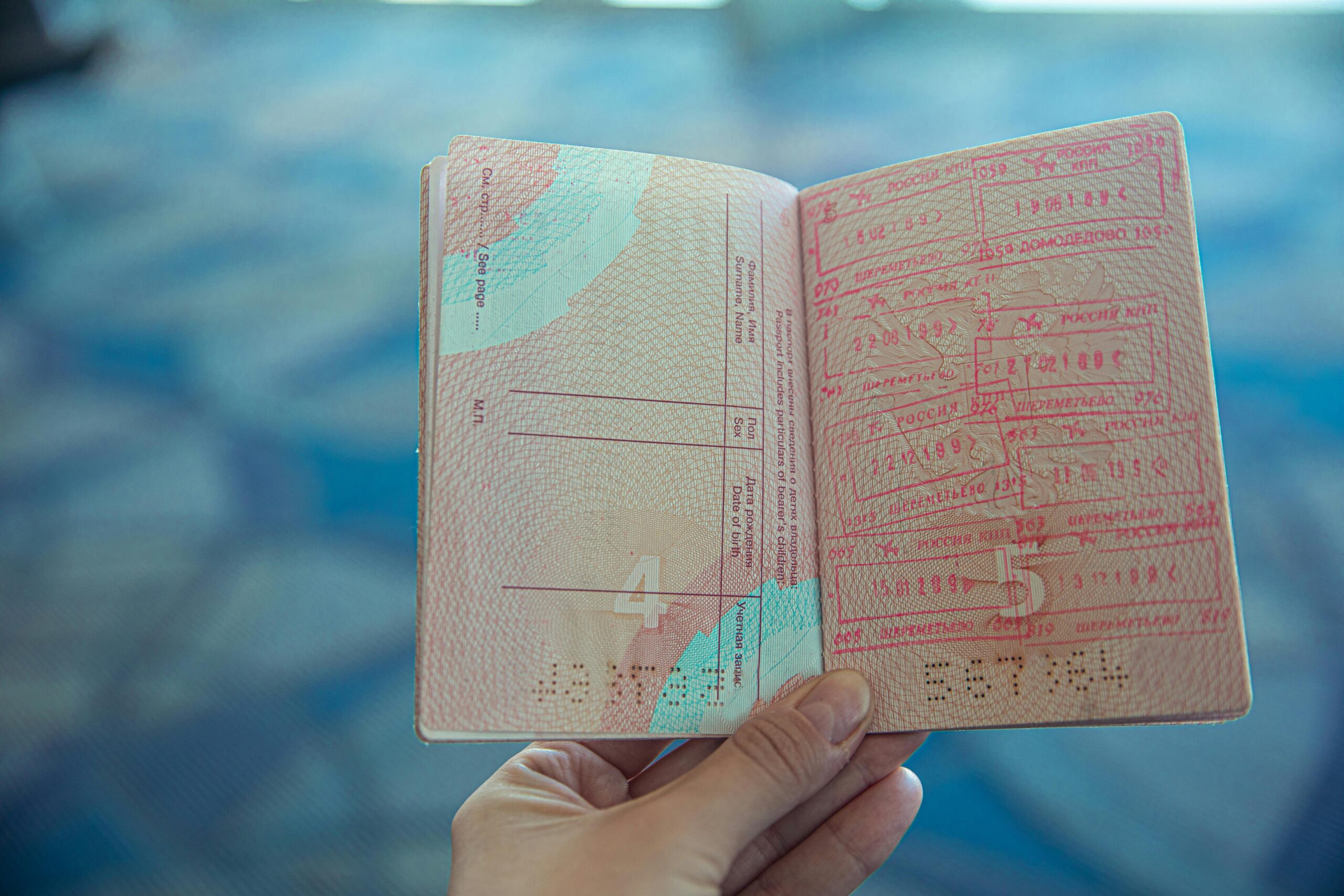Unpacking the Results: The August 2025 PNP Express Entry Draw
In a highly anticipated move, Immigration, Refugees and Citizenship Canada (IRCC) has once again demonstrated its commitment to provincial and territorial immigration streams. On August 15, 2025, IRCC conducted its latest Express Entry draw, focusing exclusively on candidates with a successful nomination from a Provincial Nominee Program (PNP). This program-specific draw underscores the vital role provinces play in selecting immigrants who meet their unique economic and demographic needs. The draw resulted in 1,450 Invitations to Apply (ITAs) being issued to candidates in the Express Entry pool. To receive an invitation in this round, candidates needed a minimum Comprehensive Ranking System (CRS) score of 721. This score may seem high at first glance, but it’s important to remember that all candidates in this draw had already received a provincial nomination, which automatically adds 600 points to their base CRS score. This means that, effectively, a candidate needed a base score of only 121 to be considered, highlighting the immense value of securing a provincial nomination. This draw continues the trend of regular invitations for PNP candidates, reaffirming it as one of the most reliable pathways to permanent residence for skilled workers.
When we contextualize this draw within the landscape of 2025, we see a pattern of stability. This draw’s CRS cutoff of 721 is consistent with other PNP-specific draws held earlier in the year, which have hovered in the 715-730 range. This predictability offers a significant advantage to prospective immigrants, allowing them to strategize effectively. By focusing on obtaining a provincial nomination, candidates can substantially increase their chances of success in the Express Entry system. This draw serves as a clear message from IRCC: collaboration with provinces is a cornerstone of Canada’s immigration strategy, ensuring a more targeted and responsive approach to filling labour market gaps across the country.
Key Takeaways from the August 15, 2025 Draw:
- Draw Type: Provincial Nominee Program (PNP) specific
- Invitations Issued: 1,450
- Minimum CRS Score: 721
- Significance: Reaffirms the importance of PNPs as a primary route for skilled immigration and demonstrates a stable and predictable CRS score threshold for nominated candidates.
- Implication for Candidates: A provincial nomination remains arguably the most powerful tool for boosting a candidate’s CRS score and securing an Invitation to Apply for permanent residence.
The Unparalleled Advantage: Why a Provincial Nomination is a Golden Ticket
For many aspiring immigrants, the Comprehensive Ranking System (CRS) can feel like a competitive race where every point matters. In this environment, receiving a provincial nomination is the single most impactful factor for success. When a candidate in the Express Entry pool secures a nomination from a Canadian province or territory, their profile is instantly credited with an additional 600 CRS points. This substantial boost effectively guarantees they will receive an Invitation to Apply (ITA) in a subsequent draw, whether it’s a PNP-specific round like this one or a general, all-program draw. This ‘golden ticket’ transforms a candidate’s profile from one among many to a top-tier contender. The system is designed this way to give provinces a powerful say in selecting newcomers who are best suited to integrate into their local economies and communities. It’s a testament to Canada’s federal-provincial partnership in shaping its immigration landscape.
Provincial Nominee Programs are broadly categorized into two types: ‘base’ streams and ‘enhanced’ streams. Base streams operate outside the Express Entry system, where candidates apply directly to a province. If nominated, they then submit a separate permanent residence application to IRCC. Enhanced streams, on the other hand, are aligned with the federal Express Entry system. Candidates who receive a nomination through an enhanced stream, like those invited in this latest draw, accept the nomination in their Express Entry profile, receive the 600 bonus points, and are then well-positioned to receive an ITA. These enhanced streams are often more streamlined and benefit from the faster processing times associated with Express Entry, making them an incredibly attractive option for skilled workers around the globe.
Decoding IRCC’s 2025 Immigration Strategy: The Continued Prominence of PNP Draws
The August 2025 PNP draw is not an isolated event but a crucial piece of IRCC’s broader immigration strategy. Throughout 2025, we have observed a multi-faceted approach to Express Entry draws. IRCC has been carefully balancing large, general draws that invite candidates from all programs (Federal Skilled Worker, Canadian Experience Class, and Federal Skilled Trades) with more targeted, program-specific rounds. This includes not only PNP-focused draws but also the category-based selection draws that were first introduced in 2023. These category-based draws target candidates with specific work experience in high-demand sectors like healthcare, STEM, and skilled trades, or those with strong French-language proficiency. By alternating between these different draw types, IRCC is creating a dynamic and responsive system. This strategy allows Canada to meet its overall immigration targets while also surgically addressing specific economic priorities, such as regional labour shortages and the demand for bilingual talent.
The continued prominence of PNP draws within this framework is particularly significant. While category-based selection addresses federal priorities, PNPs empower provinces and territories to tackle their own unique, on-the-ground challenges. For example, a province like Saskatchewan may prioritize candidates with experience in agriculture, while a maritime province might focus on attracting healthcare professionals to serve its aging population. By consistently holding PNP-specific draws, IRCC reinforces the principle of regionalization, ensuring that the benefits of immigration are distributed more evenly across the country, not just concentrated in major urban centers. This collaborative approach ensures that Canada’s immigration system remains robust, adaptable, and aligned with the economic goals of the entire nation.
Charting Your Course: A Strategic Guide to Securing a Provincial Nomination
For candidates looking to leverage the power of the Provincial Nominee Program, a proactive and strategic approach is essential. The journey begins not with the PNP application itself, but with the foundation of a strong Express Entry profile. The first step is to ensure you are eligible for at least one of the three federal programs managed by Express Entry: the Federal Skilled Worker Program (FSWP), the Canadian Experience Class (CEC), or the Federal Skilled Trades Program (FSTP). Once eligibility is confirmed, the next crucial step is to create a comprehensive and accurate profile in the IRCC portal. This profile acts as your resume for both the federal government and the provinces.
With an active Express Entry profile, the real work of targeting a PNP begins. This involves thorough research. Each province and territory (except Quebec, which has its own system) has multiple PNP streams, each with distinct eligibility criteria. You must carefully examine which streams align with your professional background, education, language skills, and work experience. Some provinces issue ‘Notifications of Interest’ (NOIs) directly to candidates in the Express Entry pool who meet their criteria. To increase your chances of receiving an NOI, ensure your profile is always up-to-date and accurately reflects all your qualifications. Alternatively, some provincial streams require candidates to submit a separate Expression of Interest (EOI) directly to the province. Regardless of the pathway, staying informed by regularly checking provincial immigration websites is non-negotiable. Securing that coveted nomination requires diligence, research, and a clear understanding of where your unique skills are most in demand across Canada.
Frequently Asked Questions (FAQs)
What is an Express Entry draw?
An Express Entry draw is a process where Immigration, Refugees and Citizenship Canada (IRCC) invites candidates from the Express Entry pool to apply for permanent residence. These draws occur regularly, and candidates are selected based on their Comprehensive Ranking System (CRS) score and the specific type of draw being conducted.
What is the Provincial Nominee Program (PNP)?
The Provincial Nominee Program (PNP) allows Canadian provinces and territories to nominate individuals who wish to immigrate to Canada and are interested in settling in a particular province. Each province has its own unique PNP streams designed to meet its specific economic and demographic needs.
How does a provincial nomination affect my CRS score?
Receiving a provincial nomination through an Express Entry-aligned stream grants a candidate an additional 600 points towards their Comprehensive Ranking System (CRS) score. This substantial increase almost guarantees that the candidate will receive an Invitation to Apply (ITA) for permanent residence in a subsequent Express Entry draw.
What was the minimum CRS score for this PNP draw?
The minimum CRS score required for the PNP-specific Express Entry draw held on August 15, 2025, was 721. All candidates invited had already received a 600-point bonus for their provincial nomination.
How can I become eligible for a PNP-specific Express Entry draw?
To be eligible, you must first have an active and valid profile in the federal Express Entry pool. You must then secure a nomination from a Canadian province or territory through one of their ‘enhanced’ PNP streams that are aligned with Express Entry.
Talk to us to find out more. ->
The content above is not intended to provide legal advice or opinions of any kind and may not be used for professional or commercial purposes.







